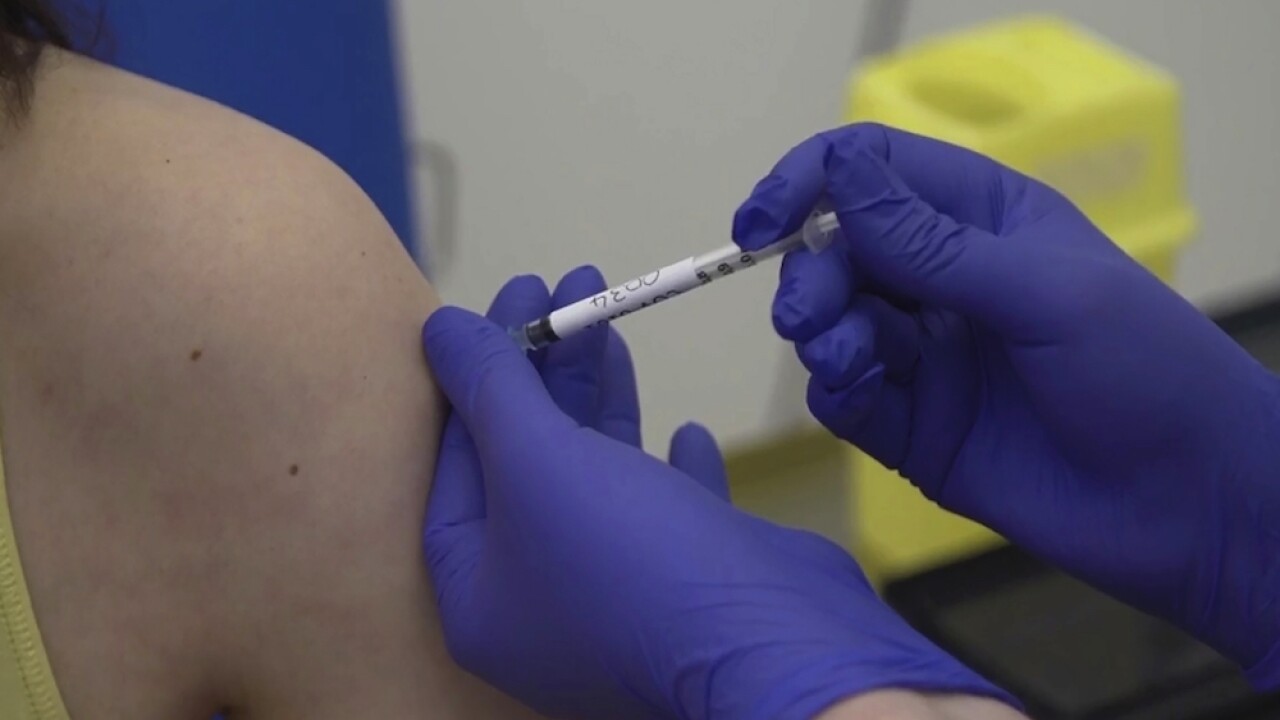TAMPA, Fla. — Planning is in high gear on how to distribute a COVID-19 vaccine when it gets approval. Trials are expanding to include different age groups, including children and teens.
Dr. Joseph Perno, the Chief Medical Officer at Johns Hopkins All Children’s, explained while COVID-19’s impact on kids has been dramatically less than the impact on adults, they’ve still seen some severe cases. He explains it’s important to learn how kids will respond to a vaccine.
“Children have been very lucky in that they haven’t had the severity across the board with COVID, so how are they going to react to the vaccine? Are they going to react differently?” said Perno. “We need to look at it, male, female, every ethnic group, every race and every age group, and stratify those things.”
Children as young as 12 are eligible to participate in Pfizer’s trial, while Moderna posted this week it plans to study its vaccine in children 12 to 17 years old.
Dr. Claudia Espinosa, a pediatric infectious diseases specialist at the University of South Florida, says we don’t know how children will react, if they’ll need the same dosage, or if they’ll need boosters. She says it’s very important researchers complete studies in children.
“We are expecting that they do well, and they create immunogenicity, and we’re expecting these vaccines are safe, [but] we just have to prove it through those clinical trials,” said Espinosa.
This week, a CDC advisory committee recommended healthcare workers and long-term care facility residents be the first to get the COVID-19 vaccine when it's authorized. Dr. Espinosa thinks a vaccine might not be available for children until later next year, possibly the summer.
“By the time the vaccine is available to children, the proper trials have to be done and completed, and there are no shortcomings when it comes to safety of children. They can be reassured about that,” said Dr. Espinosa.
Dr. Perno says when a vaccine is authorized and available to children, it will be important for them to get it for their own benefit and their family’s benefit.
“Yeah, Johnny who’s five may not be at risk but wants a visit with grandma and grandpa, and they are at risk," said Perno. "We know that the vaccines are effective, but they’re 90 to 95 percent effective, so I don’t necessarily want Johnny to not be immune against it and potentially be spreading the disease to other populations."
Dr. Perno also explains that getting a vaccine is for the greater good. He points to the need to get a high percentage of the population immunized and protected to help drive COVID-19 away.
“I’ve got my sleeve rolled up ready to go when the vaccine is available, and when it gets to the point that children are being vaccinated, I’ll have my children in line too because I’ll feel very comfortable about it at that time,” said Perno.



